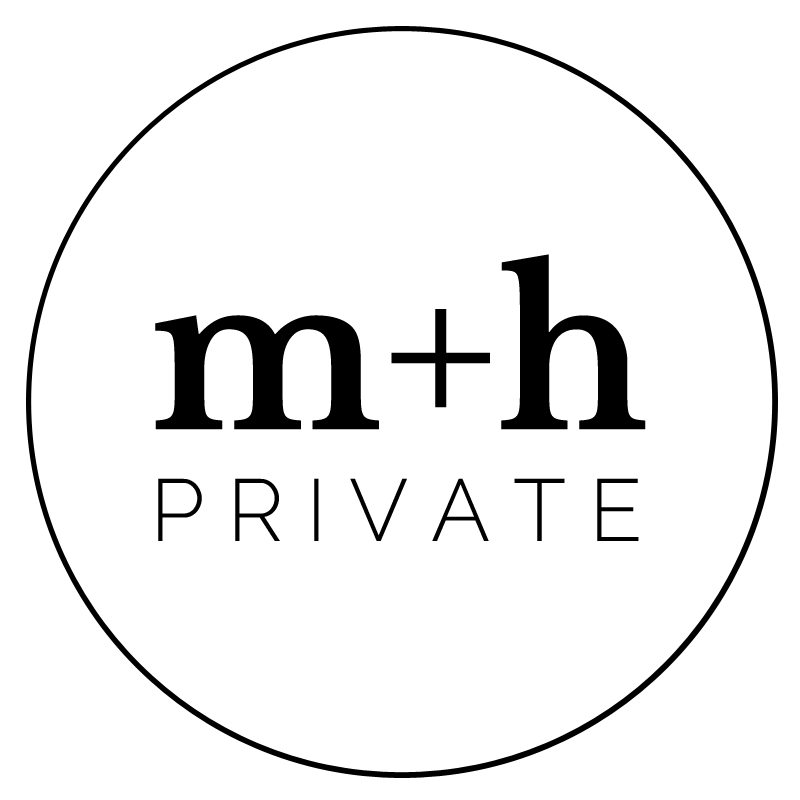ESIC tax incentives for angel investors
Get clear on tax relief for early stage investors
Considering investing in an early stage investment company (ESIC)? Or maybe you’re a potential startup wondering about ESIC tax incentives. Either way, here’s a brief rundown on both ESIC tax incentives and the qualifications for ESIC eligibility itself.
What’s available?
If you’re an eligible investor investing in an early stage investment company, the ATO advises that you’ll be provided with:
“A non-refundable carry forward tax offset equal to 20% of the amount paid for your qualifying investment. This is capped at a maximum tax offset amount of $200,000 for you and your affiliates combined in each income year.”
Modified CGT treatment. That is, capital gains tax on shares that are held continuously for at least 12 months and no longer than ten years may be disregarded. (The above cap doesn’t affect the modified CGT treatment.)
Who’s eligible for ESIC tax incentives?
To qualify as an ESIC investor you must have bought new shares in a company that complies with the ESIC requirements on or after 1 July 2016. These incentives are available to both resident and non-resident investors.
What determines ESIC eligibility?
Firstly, is the company in question actually an ESIC? An early stage company definition can seem confusing, but an ESIC must meet both the following criteria from the ATO:
“The early stage test
and either
The 100-point innovation test
or
The principles-based innovation test”
The necessary early stage test criteria are tested as soon as the company has issued the shares to you, the investor. If any of these requirements aren’t met at that particular time, you won’t qualify for ESIC tax breaks on these shares.
Here are the ATO’s four requirements for this early stage test:
“The company must have been incorporated or registered in the Australian Business Register
The company (plus any wholly-owned subsidiaries) must have total expenses of $1 million or less in the previous income year
The company (plus any wholly-owned subsidiaries) must have assessable income of $200,000 or less in the previous income year
The company’s equity interests are not listed … on any stock exchange, either in Australia or a foreign country.”
The 100-point innovation test requirements include gaining at least 100 points from meeting specific innovation criteria. Here are some examples from the ATO:
75 points – “At least 50% of the company’s total expenses in the previous year are eligible notional deductions for the research and development tax incentive.”
75 points – “The company has received an Accelerating Commercialisation Grant at any time.”
50 points – “At least 15% but less than 50% of the company’s total expenses in the previous year are eligible notional deductions for the research and development tax incentive.”
50 points – “The company has completed or is undertaking an eligible accelerator program that provides time-limited support for entrepreneurs with a start-up business.”
50 points – “One or more third parties have previously paid a total of at least 50,000 for the issue of new shares in the company.”
Other point offerings are also available.
It’s important to note that if the company doesn’t meet the 100-point innovation test, a further test, the Principles-based innovation test, is also available. Again, this entails the company meeting five specific requirements immediately after the new shares are issued to the investor.
As you can see, the rules on ESIC criteria and tax eligibility can be quite complex, so it’s vital to enlist sound professional advice before making any important moves in this area.
M + H Private specialise in start-ups and tax incentives for innovation, so if you’d like to discuss your own scenario, contact our professionals in Brisbane on +61 7 3036 7174 today.

